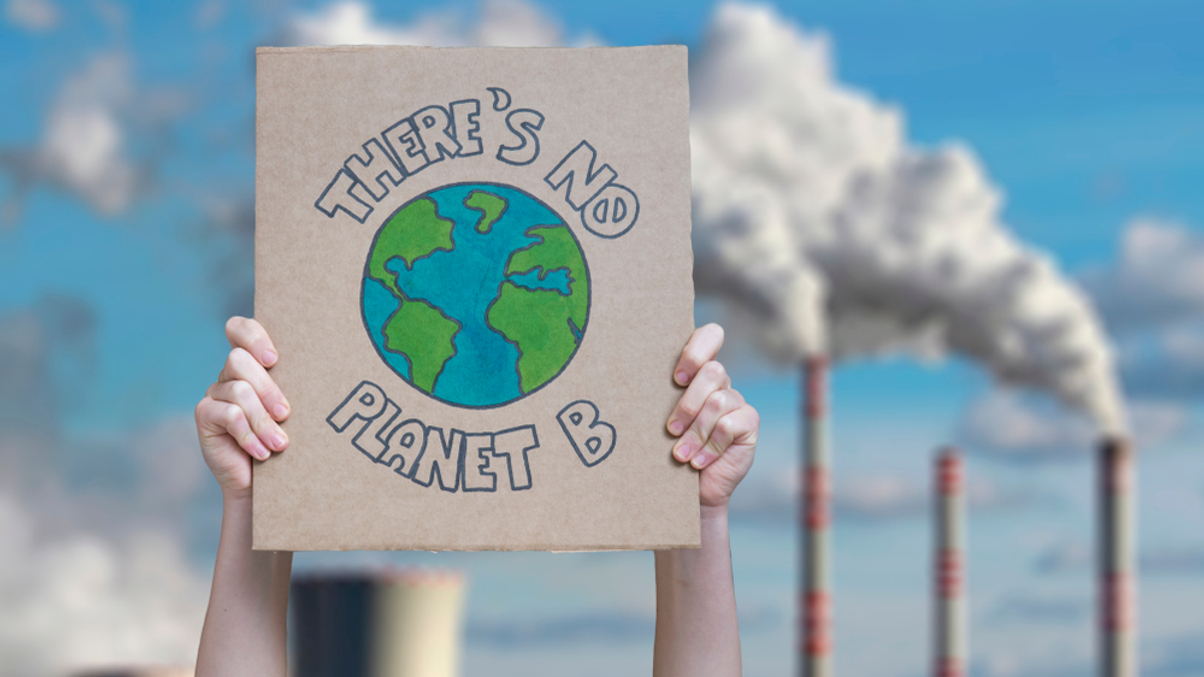Singapore family office sizes up "next big thing" for investors
The Rumah group, a single family office, explains how it picks investment opportunities -- and partners -- that can create impact and deliver profit.

There is a massive pool of opportunities in tackling climate change waiting for investors wishing to make a real-world impact with their money, according to a senior executive at a single family office based in Singapore.
Sign in to read on!
Registered users get 2 free articles in 30 days.
Subscribers have full unlimited access to AsianInvestor
Not signed up? New users get 2 free articles per month, plus a 7-day unlimited free trial.
¬ Haymarket Media Limited. All rights reserved.


